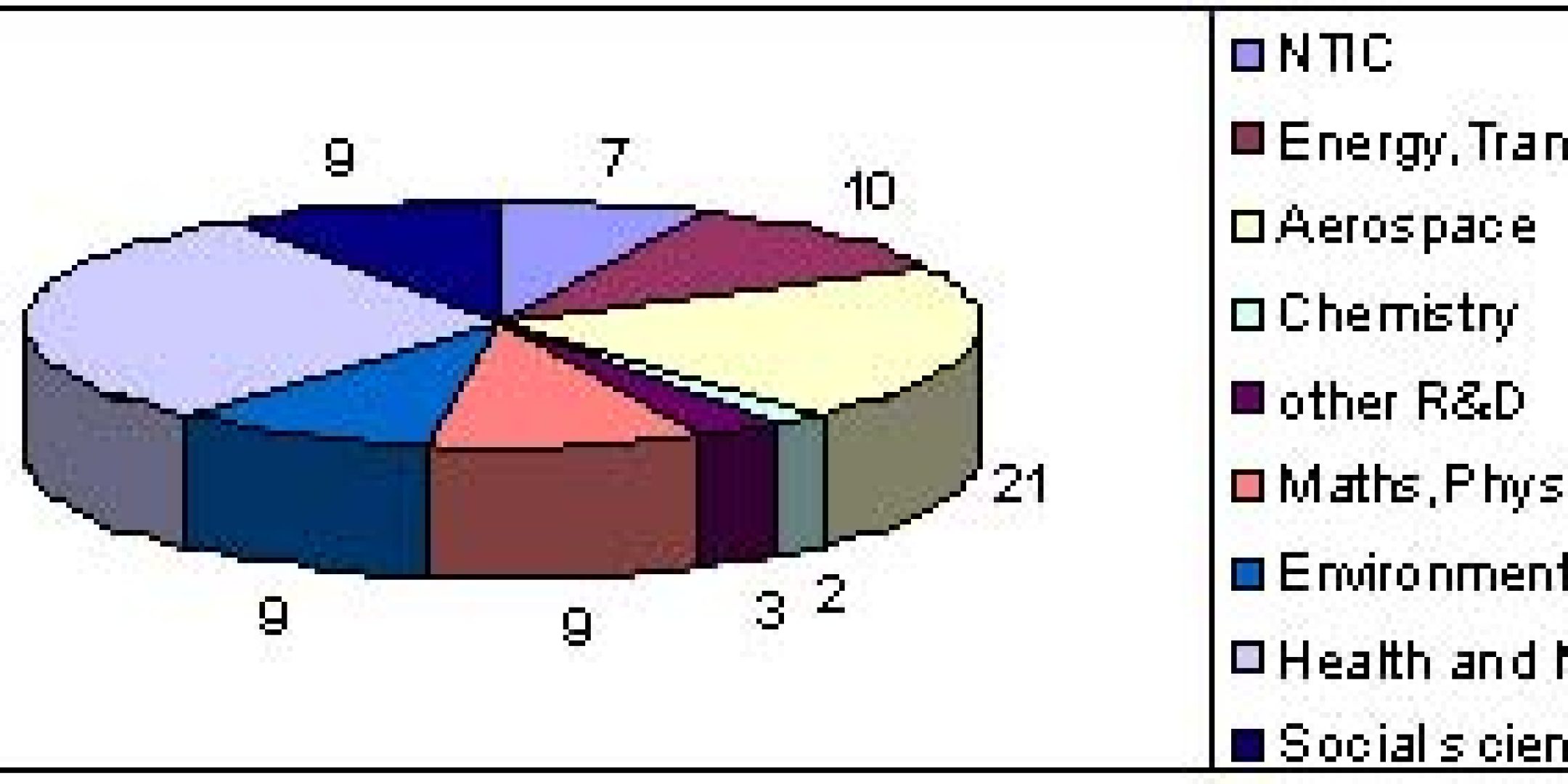At the Lisbon summit in 2000 France, along with its European partners, stressed the central position of knowledge in the future of the most competitive economies of the 21st century. Knowledge, in particular scientific knowledge, is one of the key factors in the evolution of our societies. It is by sharing knowledge and adapting scientific culture that we create value not only on the economic but also the human level.
For the ministry in charge of research and new technologies, maintaining a pillar of basic research goes hand-in-hand with specifically targeted initiatives. Certain priorities have been defined by the President of the Republic and the French Government. These priorities guide the missions of the ministry and answer the concerns now shared by most of the countries in Europe and the rest of the world: sustainable development, the energies of the future, the fight against life threatening diseases, the digital society, space…
Meeting the challenges of sustainable development requires placing man at the heart of our concerns while respecting present and future generations. The emphasis put on renewable energies in the framework of vast international programs of new energy technologies as well as research in the fields of non-polluting transportation and environment-friendly production methods are all part of this vision of a modern and realistic ecology.
Human Resources
In France,
323 000 persons work in private or public research:
178 000 persons (including 81 000 researchers) conduct research in a company.
145 000 persons (including 88 000 researchers and research engineers) work for public research, the main employer being universities, with nearly 32 000 research fellows.
Budget
French effort for research can be evaluated by two statistical aggregates:
- The national expenditure for research and development (DNRD) evaluates the value of research tasks completed in France or abroad by French companies or French administration: it was estimated in 2001 at 32,65 billion of euros (14,87 billion by French administration and 17,78 billion by French companies).
- The domestic expenditure of research and development (DIRD) evaluates on the other hand the whole of the research tasks and development carried in France whatever the origin of their financing (companies or public funding, located in France or abroad).
It was evaluated to 32,23 billion euros in 2001 (12,11 billion of public funding and 20,12 billion by companies), and represented 2,20% of the GDP.
By granting to its interior research 2,2 % of the GDP, France is taking the fourth place among the seven most important countries of OECD: behind Japan (2,98 %), the United States (2,7 %) and Germany (2,48%) but in front of Great Britain (1,86 %).
Several Scandinavian countries devote to research an appreciably higher share of their product interior gross: it is the case of Sweden (3,8 %) and Finland (3,37 %).
Efforts for French research had a singular evolution during the last fifteen years: between 1979 and 1993, the expenditure for research and development carried out in France had a growth higher than the GDP. Thus, whereas it represented only 1,68 % in 1978 of them, their relative weight passed to 2,40 % in 1993.

The research budget’s objective (DIRD) is 3 % of the GDP. At the European Council of Barcelona, european states also fixed for objective, to reinforce the relative weight of the private effort of research, so that this one represents by 2010, two thirds of the total effort of research.
This effort must lead, particularly in France where the relative weight of private research is traditionally weak, to improve the action leverage of public research, by developing the footbridges between the two sectors.









